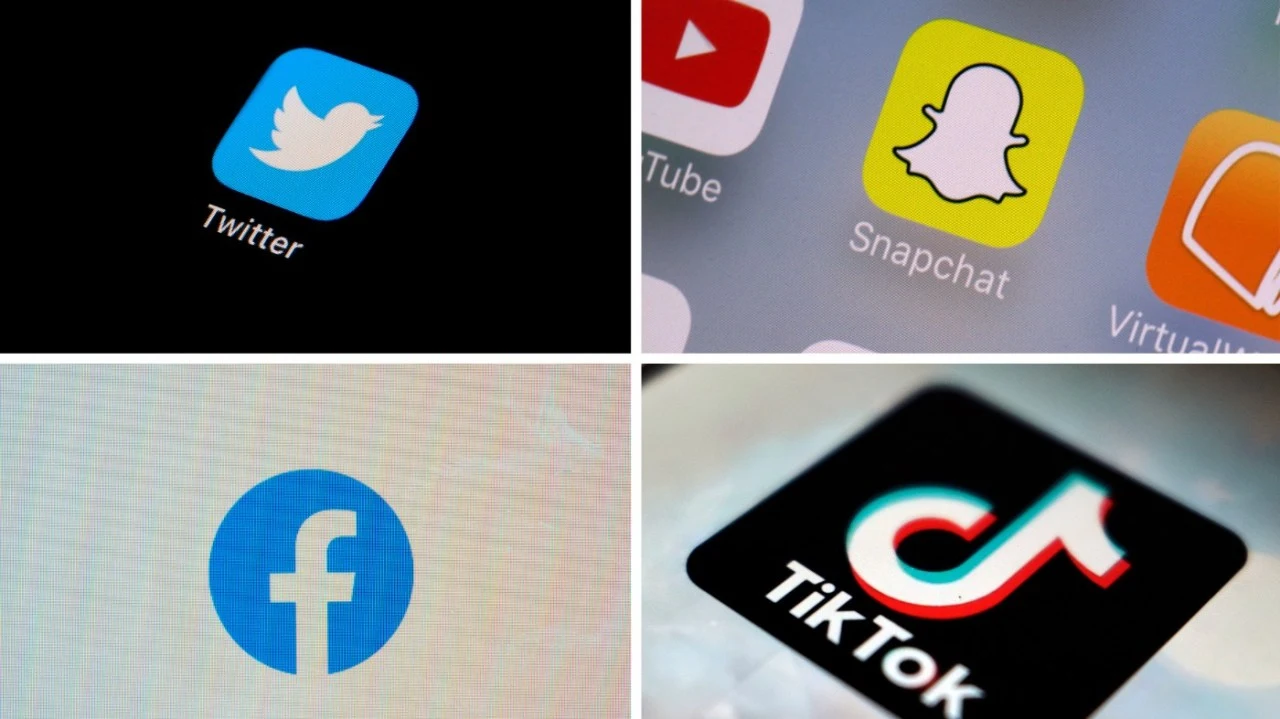A Quinnipiac University poll asked U.S. registered voters to select one of four options to blame for the divisions in the country. Overall, 35 percent blamed social media, 32 percent blamed political leaders, 28 percent blamed cable news channels and only 1 percent blamed other countries.



There’s some research to back it up. Social media has made it extremely easy for bad actors to run effective disinformation campaigns with very little effort on their part.
That and platforms that passively protect them while actively suppressing anyone calling them out, which is to say, all of them.
So it’s fascist infighting then.
This shit’s been going on since the civil war. There was no Facebook in the 60s but somehow JFK, RFK, MLK were all assassinated. This is nothing new. Social media just brings it into the daylight.
What does any of that have to do with disinformation campaigns being easier with social media?
I think they might had meant that people had been divided since before social media. To me it just seems they were keeping to the main topic of the post. So maybe they were debating that statement.
The headline says that young people blame social media for divisions in the US. I am pointing out that these divisions have always been here since before social media and that the “young people” point of view (which I doubt is an accurate portrayal) is naive. Phyllis Schlafely used to send out southern strategy-centered newsletters in the 70s for example.
The country is far more polarized than it has been since the 1850s and 60s. This is an objective fact.
I kinda guessed that was what you were saying.
I agree with you, but there is a greater subtext here that social media has made it easier than ever to make money by driving a wedge harder than ever into that split. Same split, but this makes the old tactics look pretty quaint. IMHO.
Ah, yeah, that’s probably right.